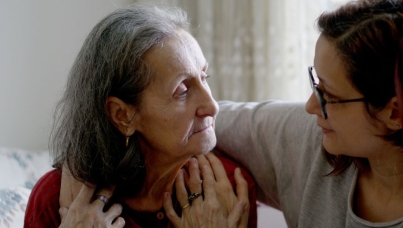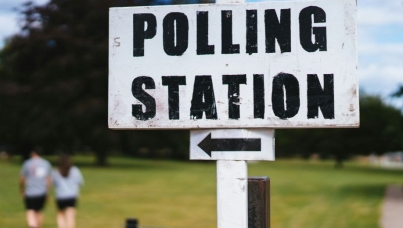Confidence In Doctors Who Communicate Well
More than four in five patients are confident in their doctor, but this confidence is directly correlated with the doctor's ability to provide adequate information, according to surveys commissioned by the General Medical Council (GMC) from MORI and NOP World. The projects, conducted during spring/summer 2005, show how much good communication skills influence the way in which the general public responds to their doctor.
For the project, 996 members of the public, 203 GPs and 100 hospital doctors were interviewed in May and June and a range of questions relating to the doctor patient relationship, confidence in the regulatory systems and complaint procedures were put to them.
For the seven per cent expressing a lack of confidence in their doctor, this mainly reflects their sense of the doctor's poor listening and explaining skills. Doctors themselves believe that good communication skills are central to gaining patients' trust with at least three-quarters of both GPs and hospital doctors agreeing these are key.
When asked whether they would make a complaint if they had cause to, more than four in five members of the public say they would. For those who wouldn't, almost three in 10 would be put off by the bureaucracy, a quarter wouldn't know how to and around one in five believes they wouldn't be listened to, or wouldn't want to make a fuss.
More than a third of GPs and three in 10 hospital doctors express a lack of confidence in regulation, through the way in which local governance and appraisal systems are linked to the GMC. These concerns are also demonstrated by the fact that although around half of GPs say they are happy with clinical governance information being used as the basis for revalidation of their registration with the GMC, approaching one in five say they lack confidence in it and almost three in ten are unable to say either way.
Over half of the public express confidence in the regulatory system and almost all, 94%, say there should be regular checks to make sure that doctors are up to date with their knowledge and skills required to do their job.
Technical Details
MORI interviewed a representative sample of 996 adults aged 16+ in Great Britain ,face-to-face, in-home, in 200 sampling points from 19-23 May 2005. 82 per cent of respondents had accessed some form of health services in the last year. Data have been weighted to the known profile of the British population. The findings are accurate to within +/-3% (95 times in 100). MORI also surveyed 203 GPs using an online self-completion questionnaire closely aligned to the public questionnaire, from 2-3 June 2005, with the sample selected to provide a geographical spread and a spread of length service. The findings are accurate to within +/-7% (95 times in 100)
NOP World surveyed 100 hospital doctors using a similar online self-completion questionnaire.



